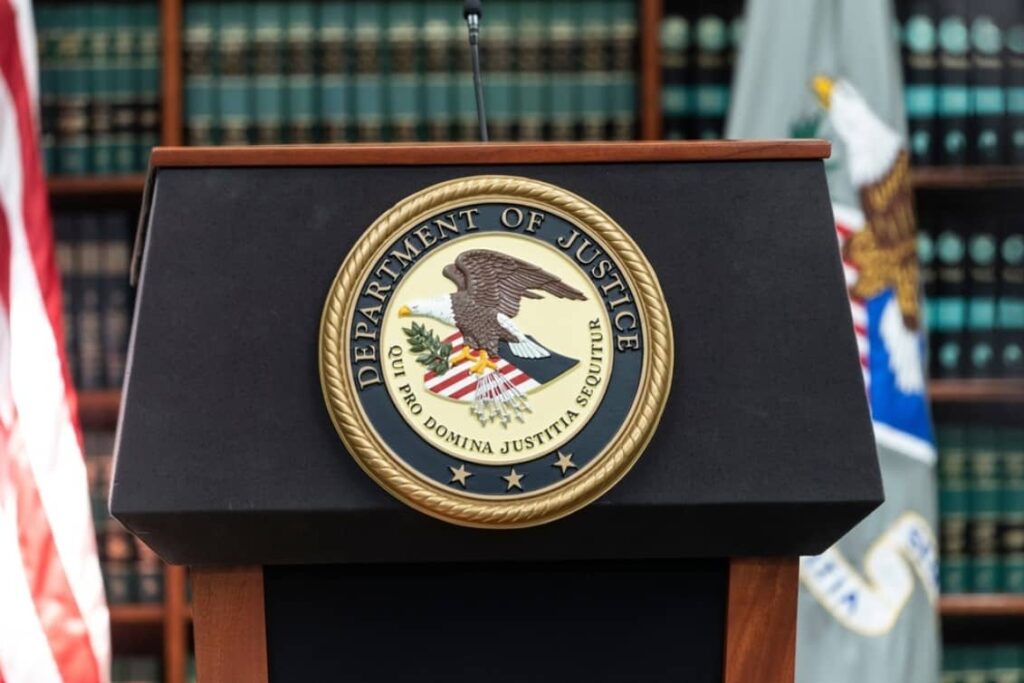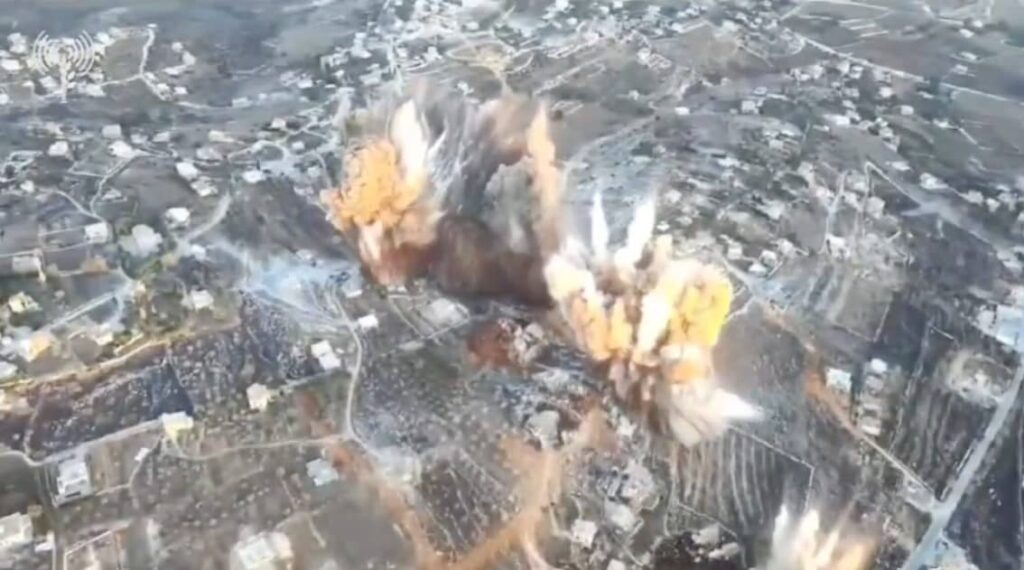The United States (U.S.) is investigating the unauthorized leak of highly classified intelligence documents regarding Israel’s potential military response to a recent Iranian missile attack. The documents, verified by U.S. officials and first reported on by CNN and Axios, provide insights into Israel’s ongoing preparations for a possible strike against Iran. These materials were posted online on Telegram by a channel believed to be based in Tehran, and quickly attracted attention due to their sensitive content.
Dated October 15 and 16, the documents reportedly originated from the National Geospatial-Intelligence Agency and the National Security Agency. They describe Israel’s military mobilization, focusing on assets like ballistic missiles and unmanned aerial vehicles, in preparation for retaliatory strikes. These preparations are said to be in response to a ballistic missile barrage launched by Iran on October 1. Analysts suggest that Israel’s plans may involve long-range missile systems, including the Rocks missile and potentially the covert system referred to as “Golden Horizon,” which may not be widely known outside of intelligence circles.
The leaked documents, classified as Top Secret, were designated to be shared within the Five Eyes intelligence alliance, which includes the U.S., United Kingdom, Canada, Australia, and New Zealand. They reflect ongoing U.S. surveillance of Israel’s military activities and were primarily composed using satellite imagery and geospatial intelligence. According to the reports, U.S. officials are investigating whether the leak came from within the U.S. intelligence community or resulted from a cyber-attack. The leak follows a string of similar intelligence breaches, including those attributed to Jack Teixeira, who was charged earlier in the year for leaking classified military documents on other conflicts.
Officials have expressed concern over the release, emphasizing the serious nature of the allegations. House Speaker Mike Johnson acknowledged the investigation, calling it “deeply concerning” during an appearance on CNN. Israeli officials have not publicly commented on the leak, though security meetings were reportedly held shortly after the documents surfaced.
The revelations come at a delicate time in U.S.-Israel relations, especially as Israel is responding to not only Iranian missile threats but also increasing tensions with Hezbollah in Lebanon and escalating military operations in Gaza. Despite these tensions, the documents indicate that Israel’s leadership remains focused on retaliating against Iran’s missile strike, with no immediate plans for nuclear involvement, according to the U.S. assessment.
The investigation continues as the Pentagon and other intelligence agencies work to assess the full scope of the breach, with concerns that additional classified materials might have been compromised.













